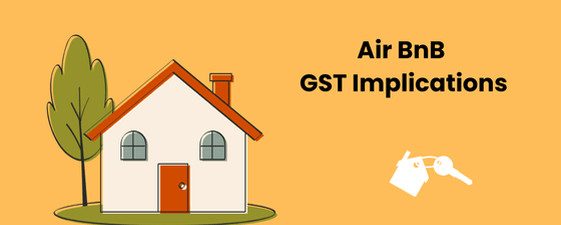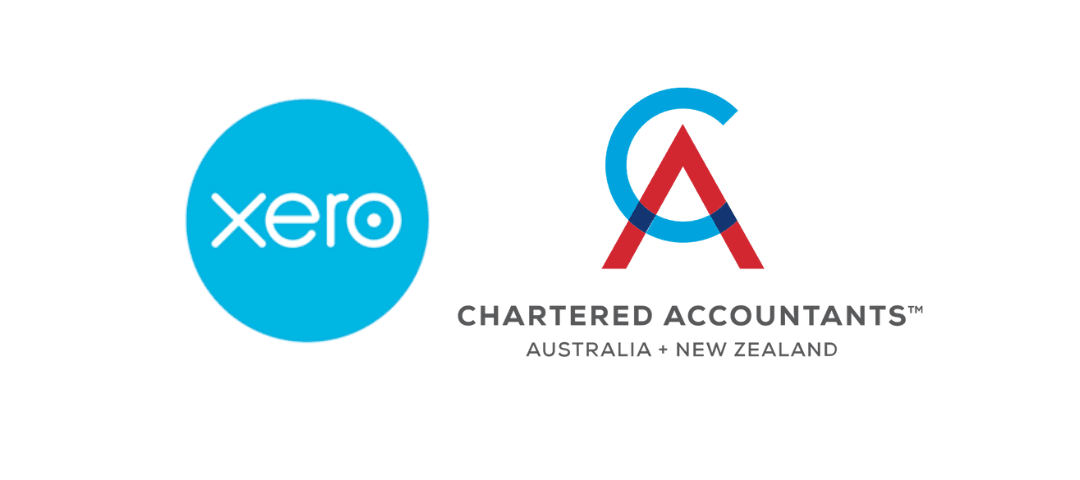Purchasing a beach house or holiday home? Want to Airbnb it to help with costs?
This often seems like a good idea at the time. However, providing short-term rental accommodation falls within the GST net. It is a GST taxable activity. Clients and investors should be aware of potential costly GST traps that they can unwittingly fall into.
GST Implications of Claiming GST on Purchase:
GST will be claimed on the purchase price of the property. However, when you sell or cease Airbnb activities, you will be required to pay back GST on the market value of the property at that time. This can be costly if the property has gone up in value as you can end up paying back a lot more than you originally claimed.
You will have to pay GST on the rental market value for every day the property is used by yourselves or any friends or family paying less than 80% market value.
If the property is unoccupied for 62 days or more in a year, and used privately as well as being rented out, it will be considered a Mixed Use Asset. Although you can claim 100% of GST on the associated holiday home expenses with GST in them, for income tax purposes, you can only claim the business percentage use as an expense and the private percentage use is non deductible.
From 1 April 2024, new rules mean the Airbnb platform must forward the GST on rental income directly onto Inland Revenue, unless you have an exemption. For most, this means that you will include the rental income of your Airbnb in the GST return under zero-rated income and you will not be paying GST on the income. You will still claim all related expenses in the GST return as you normally would.
GST Implications of not Claiming GST on Purchase:
You must carefully consider what entity you will be purchasing the property in, so you don’t get inadvertently caught up in the GST net and it ends up costing you more than you budgeted for. For example,
If you purchase the property in an entity that is already GST registered, then it will automatically be in the GST net if you Airbnb the property and you are subject to the above implications.
If the entity is not GST registered, its total taxable supplies in a 12 month period must be below $60,000. This includes any other taxable activity the entity provides such as business income, commercial rental income, etc.
You must also include all Airbnb income including the deemed market value income of any private use stays. For example, if your Airbnb taxable income comes to $52,000 for a year, you or your friends and family have stayed there for a total of 35 nights in that year with the market rental being $250/night, the value of private stays is $8,750. Once you add this to the $52,000, your total Airbnb income for GST purposes comes to $60,750, which puts the property in the GST net.
If your total income in a 12 month period exceeds $60,000, the property will then fall within the GST net and you will be subject to the above implications.
There are various situations where an Airbnb property can stay out of the GST net, but this area is very complex. We recommend that you get in touch with us.
From 1 April 2024, the new rules mean although you are not GST registered, the Airbnb platform must charge 15% GST on the rental income and pass 6.5% onto IRD with the remaining 8.5% coming back to you, which recognises the GST on your costs of supplying this service.
Please contact our office before you purchase the property, as a conversation beforehand can end up saving you a lot in the long run.
Contact Us
Contact Jane Evans today to discuss on 07 823 4980 or email us. Our office is in Cambridge, NZ, but distance is no problem. We have many international and national clients.
Disclaimer
This material has been prepared for informational purposes only, and is not intended to provide, and should not be relied on for, tax, legal or accounting advice. You should consult your own tax, legal and accounting advisors before engaging in any transaction.



